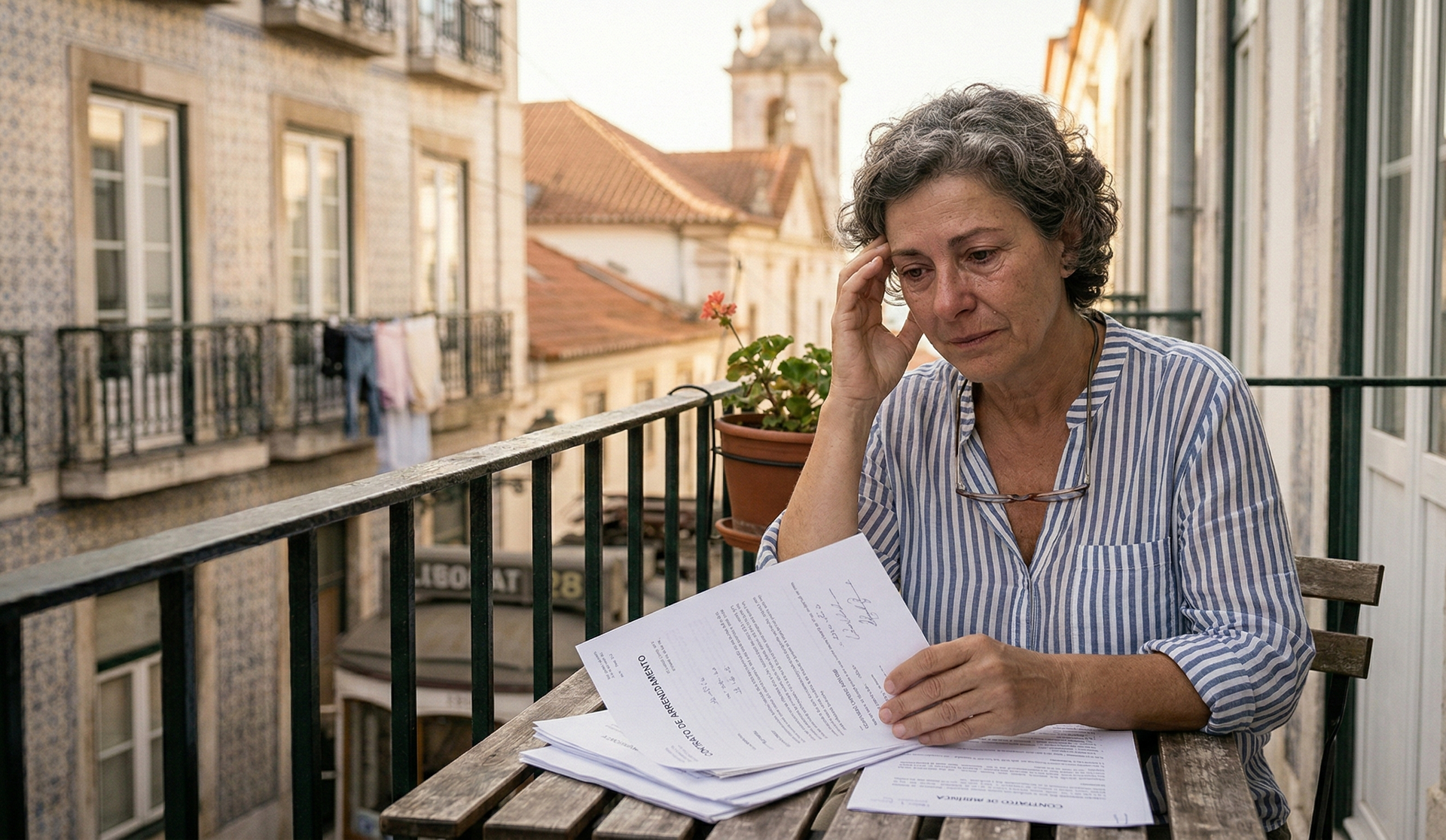SEF Replaced by AIMA Starting 29th October
Following up on our previous post, a decree-law was issued on Friday 2nd June in Diário da República that establishes a new agency called AIMA - Agência para a Integração, Migrações e Asilo (Agency for Integration, Migration, and Asylum). This new agency will merge the SEF - Immigration and Borders Service and the ACM - Alto Comissariado para as Migrações (High Commission for Migration).
The document states that AIMA will take over administrative responsibilities related to foreign citizens and the High Commission for Migration in matters of reception and integration of immigrants in Portugal. This will be under the supervision of the Deputy Minister for Parliamentary Affairs, replacing SEF in these functions.
According to the decree-law, the IPDJ - Instituto Português do Desporto e Juventude (Portuguese Institute of Sports and Youth) will take over the responsibility of social inclusion programs for children and young people from underprivileged socioeconomic backgrounds that are currently managed by the ACM.
The government announced that a single administrative entity will now handle the implementation of national and European public policies on migration and asylum. This will cover matters related to foreign citizens' entry, stay, reception, and integration in the country. The government believes that this approach will make the migration and asylum system more efficient and better prepared to handle future migration pressures and humanitarian crises.
The executive stated that the merger of ACM into AIMA will implement a new way of managing migration and diversity policies, both nationally and internationally. This takes into account the complexity of migratory flows in modern times, where documentation for foreign citizens is crucial for the integration process towards safe, regular and orderly migration.
The Instituto de Registo e Notariado (IRN) will be responsible for tasks previously handled by SEF, including the granting and issuance of the Portuguese electronic passport, as well as managing renewals of residence permits. Foreign residents in Portugal can then complete their documentation process at the same locations as Portuguese citizens, following the termination of SEF.
The decree-law includes measures to create the Borders and Foreigners Coordination Unit and make legislative changes needed for the new Portuguese border control system configuration.
To ensure a smooth transition and guarantee the stability of the new system, the Council of Ministers approved a document, on 6th April, stating that the new Portuguese border control system will come into effect on October 29, 2023, coinciding with the end of the summer IATA. Until this date, steps will be taken to ensure the installation of AIMA, including the appointment of board members.










